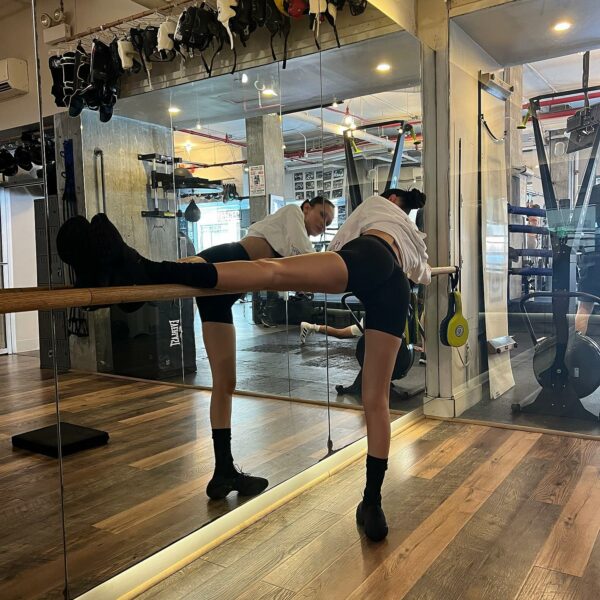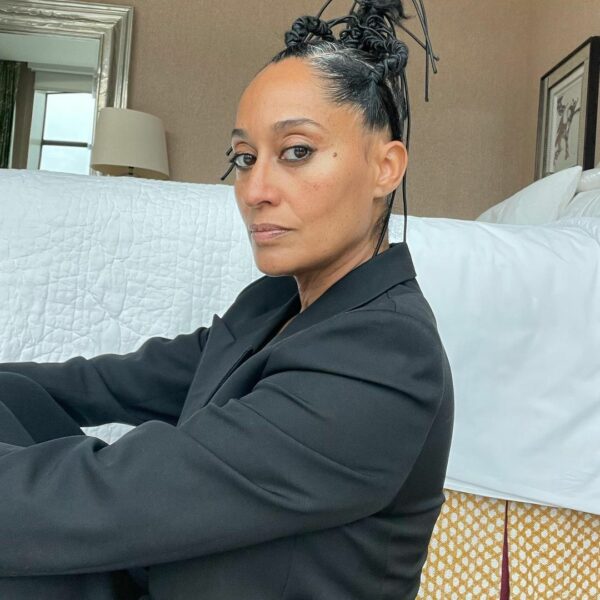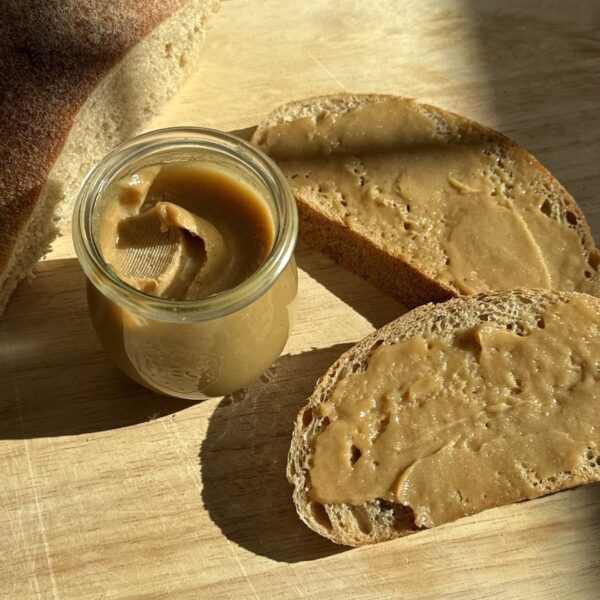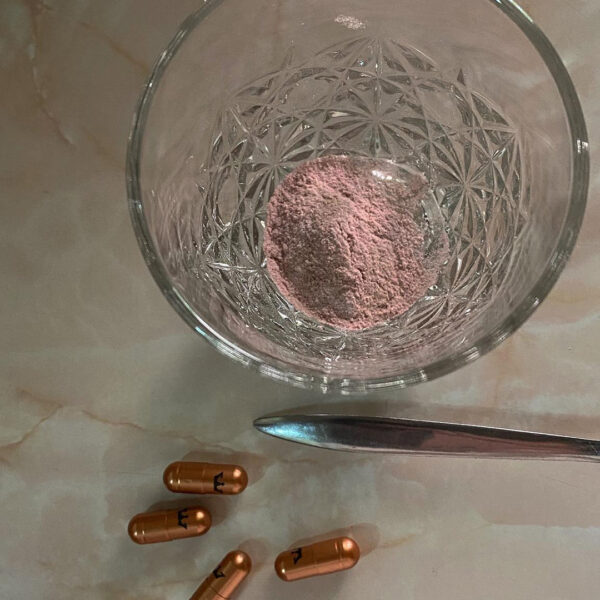As you grow older, your body changes. In your 30s, you might spot things that didn’t bother you before and … notice that your metabolism is shifting. Maybe you’re thinking about preparing to have children. All of these changes mean that it’s time to examine your diet and make sure that it is aligned with and supportive of what is happening in your body.
Here are five types of foods that you want to make sure that you are eating in your 30s.
Antioxidants
Antioxidants help prevent your cells from being damaged by free radicals and are one of the most useful natural tools for preventing the signs of aging and the development of age-related mental and physical disease. Vegetables and fruits are wonderful sources of antioxidants. Some of the star antioxidant-rich foods include blueberries, acai berries, kidney beans, pecans, spinach, and kale. However, instead of overthinking antioxidant content too much, I usually suggest that my clients eat a rainbow of vegetables and fruits. A colorful plate helps make sure that they’ll be reaping the benefits of an array of phytonutrients and antioxidants.
Omega-3 fatty acids
As you get older, the signs of aging begin to appear in your skin. While no one can prevent aging, you can slow down the physical signs by nourishing your body with the right foods. Omega-3 fatty acids can help decrease visible signs of aging and increase skin hydration and smoothness. I usually recommend adding plant-based flaxseed oil to a morning toast or smoothie.
Vitamin C
The production of collagen, a type of protein that supports firm skin, begins to decline around your mid-30s. Eating foods that are rich in vitamin C helps your body produce collagen. Strawberries, broccoli, and citrus fruits like oranges and lemons are all wonderful sources of vitamin C. Vitamin C is also an antioxidant and supports skin health in other ways, including protecting against UV damage, supporting wound healing, and decreasing dryness.
Cruciferous vegetables
As you grow older, your risk for developing breast cancer increases, especially if it runs in your family. Start prevention early by eating a diet that is rich in cruciferous vegetables. Vegetables in the brassica family, such as broccoli, cauliflower, cabbage, brussels sprouts, and kale, have been shown to affect estrogen levels in a way that decreases breast cancer risk. These vegetables also contain powerful antioxidants, fiber, and incredible substances that can help your body prevent disease.
Folate-rich foods
Many women start thinking about getting pregnant in their 30s. Before starting a family, it is important to make sure you are consuming ample folate, as this B vitamin helps form genetic material and can help prevent neural tube disorders in babies. Folic acid, a synthetic form of folate, is a main ingredient in prenatal vitamins. High-folate foods include spinach, black-eyed peas, asparagus, and brussels sprouts.
A lot of people feel scared about the changes that come with getting older, but aging is a beautiful thing. Make sure that you stay in tune with your body and nourish it in the way that it needs as you grow through the different seasons of your life.
Serena Poon, CN, CHC, CHN, combines her expertise as a celebrity chef and certified nutritionist to serve her A-list clientele. Her passion for integrative health and holistic nutrition led her to create Culinary Alchemy®, a method of functional and spiritual nutrition that integrates how food affects our bodies on a physiological and energetic level. Her work approach to nutrition, wellness, and longevity from a holistic approach optimizes and heals the physical, emotional, and spiritual well-being of her clients. Follow her Instagram, @chefserenapoon.
The content provided in this article is provided for information purposes only and is not a substitute for professional advice and consultation, including professional medical advice and consultation; it is provided with the understanding that Poosh, LLC (“Poosh”) is not engaged in the provision or rendering of medical advice or services. The opinions and content included in the article are the views of the author only, and Poosh does not endorse or recommend any such content or information, or any product or service mentioned in the article. You understand and agree that Poosh shall not be liable for any claim, loss, or damage arising out of the use of, or reliance upon any content or information in the article.
Up next, be the first to know our weekly content and sign up for our Poosh newsletter.




































